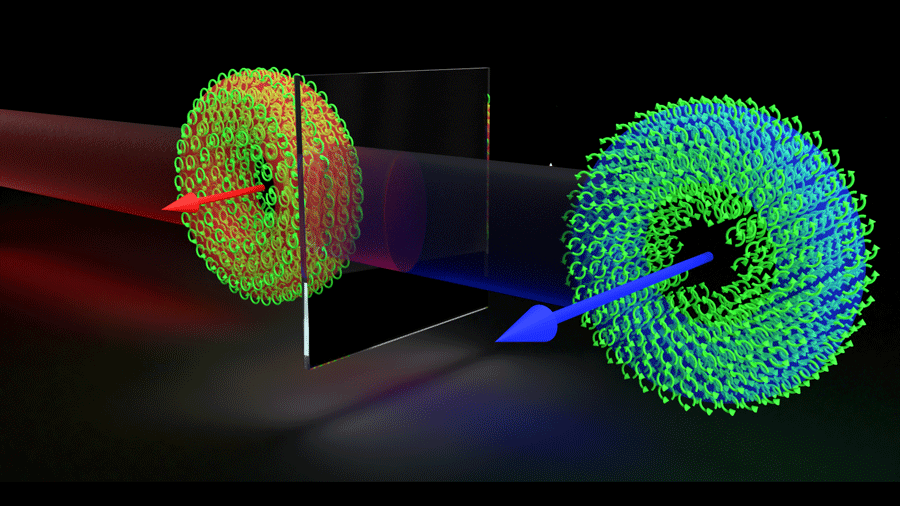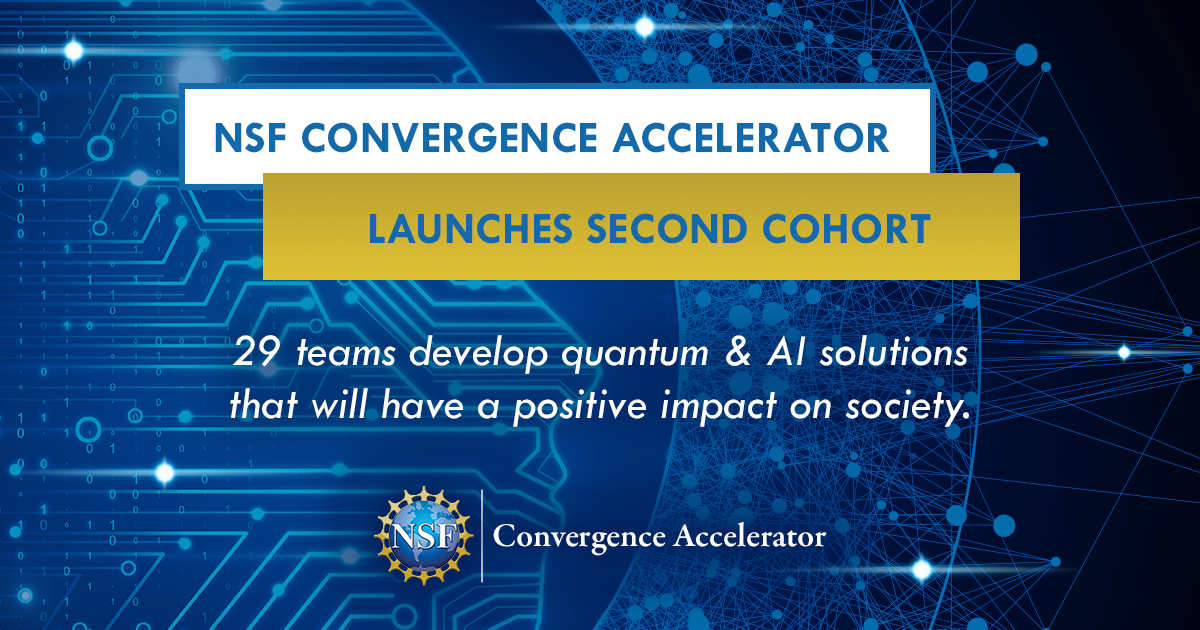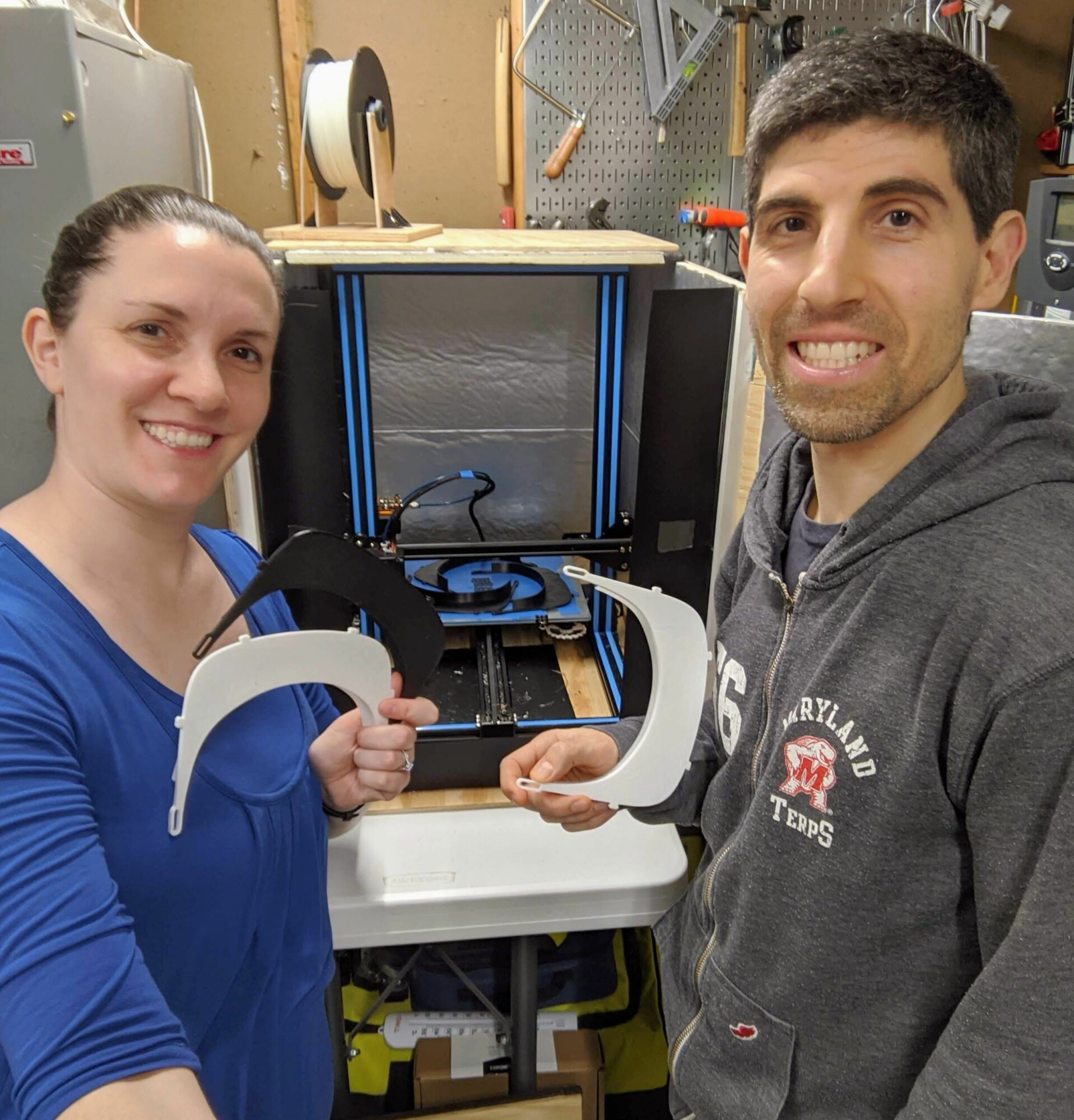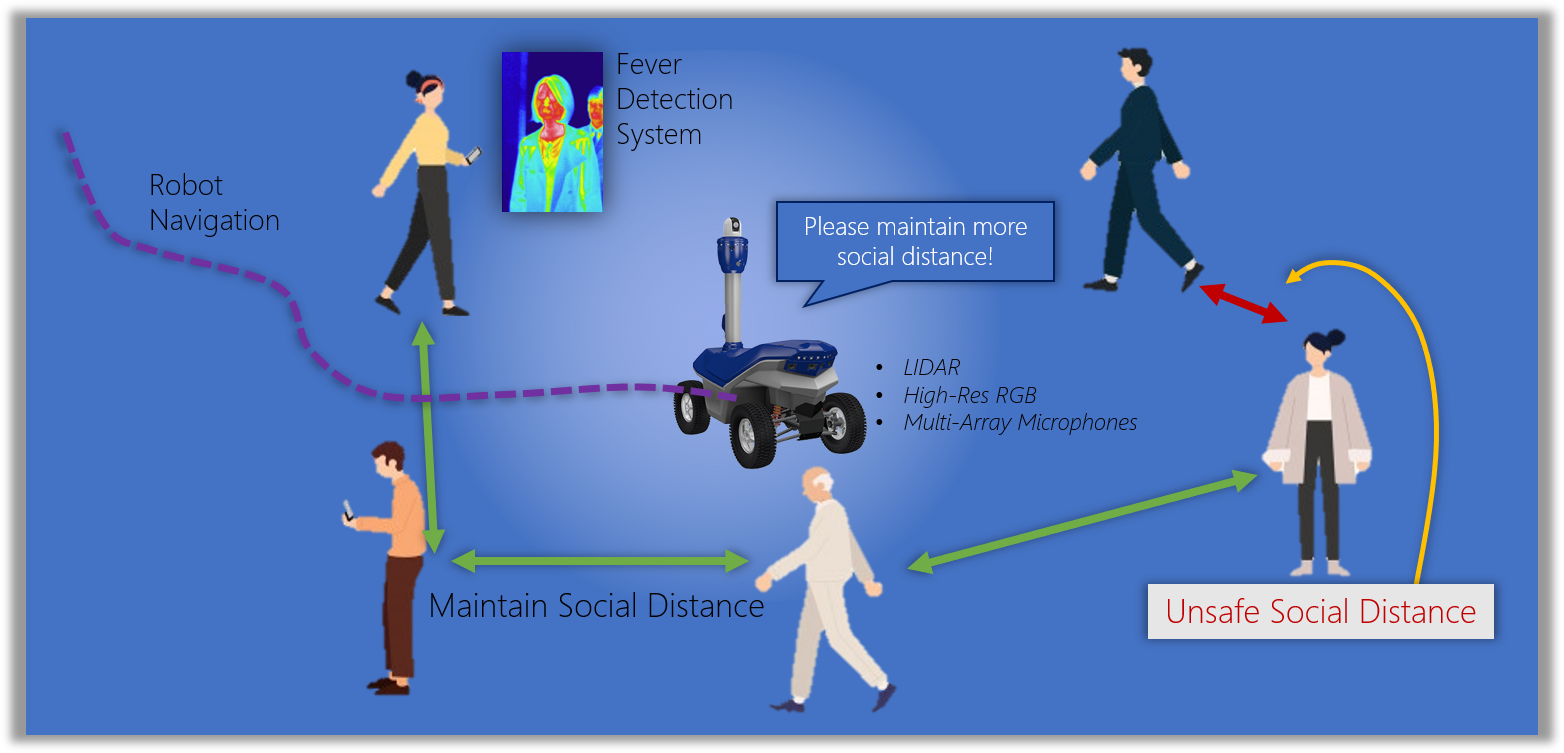News Story
Epitaxial Graphene-Based Biosensor Provides Rapid Detection of COVID-19

COVID-19 spike protein antibodies are immobilized on quasi-freestanding bilayer epitaxial graphene synthesized on silicon carbide. Graphene's electrical conductivity changes in response to interactions with as little as one attogram of COVID-19 spike protein in mere seconds, allowing for ultra-sensitive, selective, and rapid detection of COVID-19.
Assistant Professor Kevin Daniels (ECE/IREAP) and his colleagues, have developed an epitaxial graphene based biosensor that provides rapid detection of COVID-19.
The biosensor, created by Daniels, Dr. Soaram Kim of the Institute for Research in Electronics and Applied Physics (IREAP), Dr. Heeju Ryu of the Fred Hutchinson Cancer Research Center, Dr. Seo Hyun Kim of the University of Georgia, and Dr. Rachael Myers-Ward of the U.S. Naval Research Laboratory, tested COVID spike protein ranging from one attogram to one microgram, and can detect COVID spike protein in a few seconds, reuse sensors by simply rinsing in sodium chloride (NaCl), and attain results without sending it off to a lab, unlike the current real-time reverse transcription-polymerase chain reaction (RT-PCR) test. Although It is the fastest, most reliable and universally used method for diagnosis, RT-PCR requires a ribonucleic acid (RNA) preparation step, causing a decrease in accuracy as well as sensitivity. In addition, it takes over three hours to complete the current diagnosis for COVID-19.
The researchers use epitaxial graphene, a single to a few layers of carbon atoms with incredibly high surface area, high electronic conductivity and carrier mobility resulting in ultimate sensitivity for biological sensors. SARS-CoV-2 spike protein antibody & antigen allows high selectivity and an experimental environment that is not dangerous. Therefore the antibody/graphene heterostructure can synergistically improve sensitivity and provide ultra-fast detection.
“These graphene-based sensors are not only much faster than PCR and Rapid test for detecting COVID, but are orders of magnitude more sensitive with the possibility of detecting the virus sooner post-exposure," says Daniels. "The ability to rapidly detect the virus in individuals, even those who were exposed too recently to be detected by other means, is the goal.”
Published August 26, 2020









